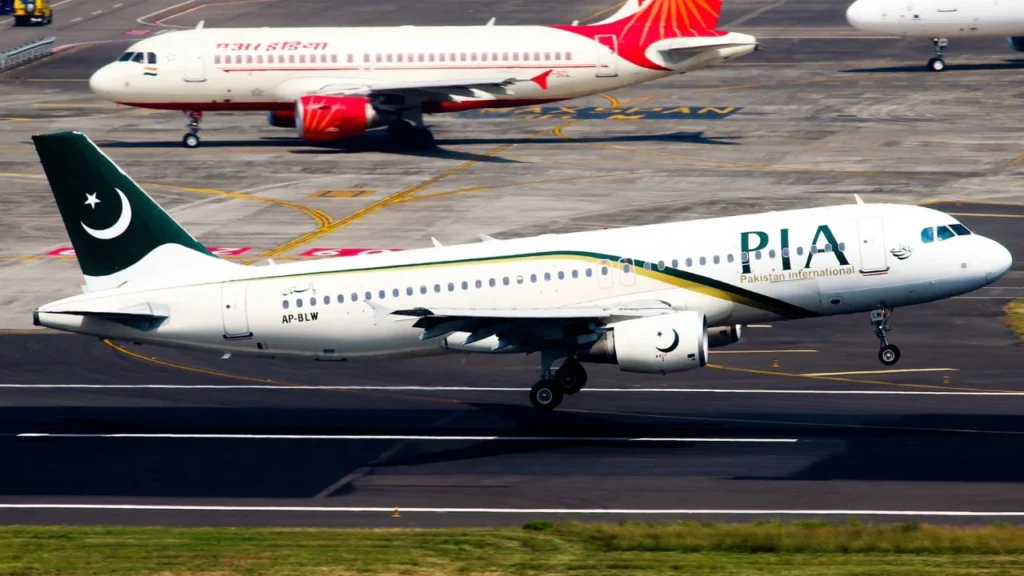
In a continuation of escalating tensions between the two nuclear-armed neighbors, India and Pakistan have both extended their bans on each other’s airlines using their respective airspaces until late June. Pakistan’s Civil Aviation Authority announced on Friday that its airspace will remain closed to all Indian-registered, operated, owned, or leased aircraft—including military flights—until 4:59 a.m. on June 24, 2025. In response, India’s Ministry of Civil Aviation issued a similar notice extending the ban on Pakistani aircraft and airlines until June 23, 2025.
The airspace closures were originally imposed in late April following a deadly terrorist attack in Pahalgam, Kashmir, which killed 26 people and sharply deteriorated diplomatic relations. Pakistan’s initial closure of its airspace to Indian flights came on April 24, with India reciprocating a few days later by closing its airspace to Pakistani flights. Under International Civil Aviation Organisation (ICAO) rules, such restrictions can only be imposed for one month at a time, necessitating these monthly extensions.
The bans cover all civilian and military aircraft registered or operated by the respective countries, preventing any flights from transiting or entering the opposing country’s airspace. This has forced airlines to take longer routes, increasing flight times and fuel costs, particularly affecting flights between northern India and other regions.
The extension comes shortly after an incident involving an IndiGo Airlines flight from Delhi to Srinagar. The pilot, caught in a sudden hailstorm and severe turbulence, requested permission from Lahore Air Traffic Control to briefly enter Pakistani airspace to avoid the weather disturbance. The request was denied, forcing the flight to continue through turbulent conditions before safely landing in Srinagar.
The prolonged airspace bans underscore the ongoing diplomatic freeze and military tensions between India and Pakistan. Analysts warn that these tit-for-tat measures complicate regional connectivity and risk further escalation, while also impacting commercial aviation and passenger convenience.
As of now, there is no indication from either side about easing these restrictions before the new June deadlines, signaling a continued stalemate in bilateral relations.
Comments
Post a Comment